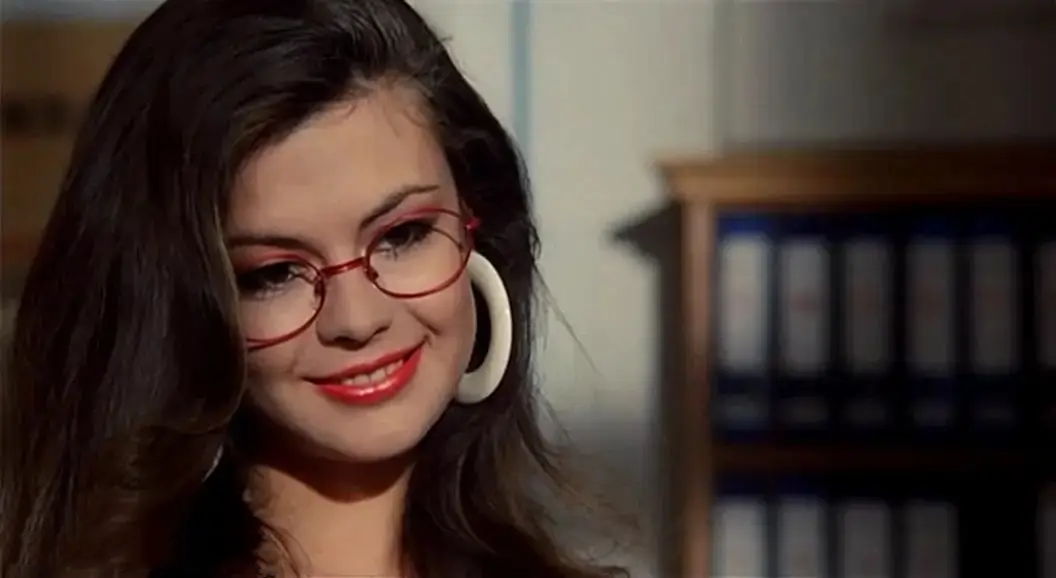(original title: Fermo posta Tinto Brass, also known as P.O. Box Tinto Brass) is a sex-themed comedy movie created by the famous Italian director Tinto Brass. Through a series of seemingly independent but interconnected short stories, the movie shows contemporary women’s diverse attitudes towards sex and their deep-seated secret desires.

In the movie, director Tinto Barras cleverly set up a private mailbox, providing a space for women to open up their hearts. The mailbox receives a variety of letters, photos and videos from different women about their desires, attempts, challenges and the complex emotions that arise from their sexuality. These real and interesting materials form the plot of the movie’s various unit dramas, including a housewife who fantasizes about the thrill of prostitution, a couple who engage in a sex competition on the beach, an absurd couple who get involved in a game of wife-swapping, and many other stories that reveal women’s innermost secrets.

The movie does not stop at showing the sexual act itself, but rather explores women’s perception, acceptance and self-expression of “sex”. Each sequence is like a mirror reflecting the psychological world of women in a social and cultural context, with bold and direct expressions as well as subtle emotional portrayals. Through the language of the camera, director Barras presents the taboo topic of “sex” in a straightforward and passionate way, allowing the audience to enjoy the visual impact and at the same time feel his honest and sincere attitude towards this topic.

The Passion Box is not only a profound analysis of the world of human lust by Tinto Barras with his unique movie style, but also a strong proof of his artistic creation of the eternal topic of “sex”. Every character and every scene in the movie is full of strong symbolism, and together they build a rich and three-dimensional picture of female eroticism, showing the world an image of a modern woman who dares to face her own desires without any concealment.
Overall, The Passion Mailbox is not only a film that challenges traditional concepts and social and moral boundaries, but also an artistic exploration of the most primitive impulses of human nature, which encourages the audience to understand and respect the unique desires of each person’s innermost being, and takes this as an opportunity to re-examine our social perceptions of sexuality and femininity. With this film, Tinto Barras not only consolidated his position as a director of restricted films, but also became known as an artist of sex, and his work became a unique and controversial landscape in the international film industry.
